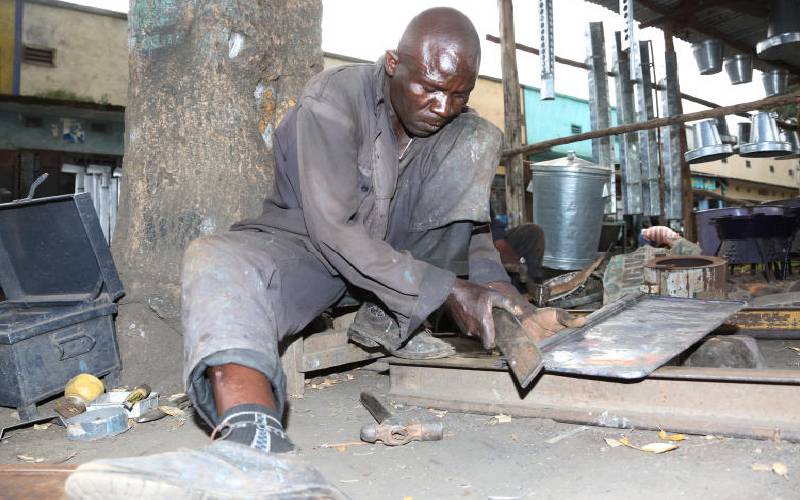
Forty years ago in 1979, Japan implemented a revolutionary trade policy that left a lasting economic difference in the rural parts of the country. Known as One Village One Product (OVOP), this initiative empowered communities in a region known as Oita, to produce unique products that were manifestations of their different entrepreneurial inclinations and creativity. As a result, simple Japanese villages ended up producing world-class products that had a global appeal. These products included mushroom, beef, citrus fruits, fish, barley and beverages.
Because these products were diversified, their market was similarly spread out, which avoided business cannibalism. Consequently, OVOP products increased from 143 goods worth Sh33.7 billion in 1980 to 336 products worth Sh132.7 billion in 2001. Thanks to this exponential growth, Oita’s per capita income doubled during this period, which created real jobs for previously unemployed people.







